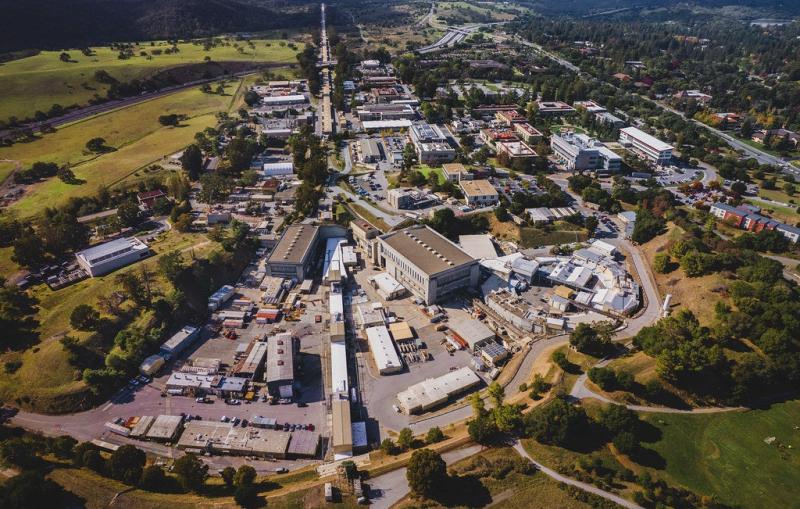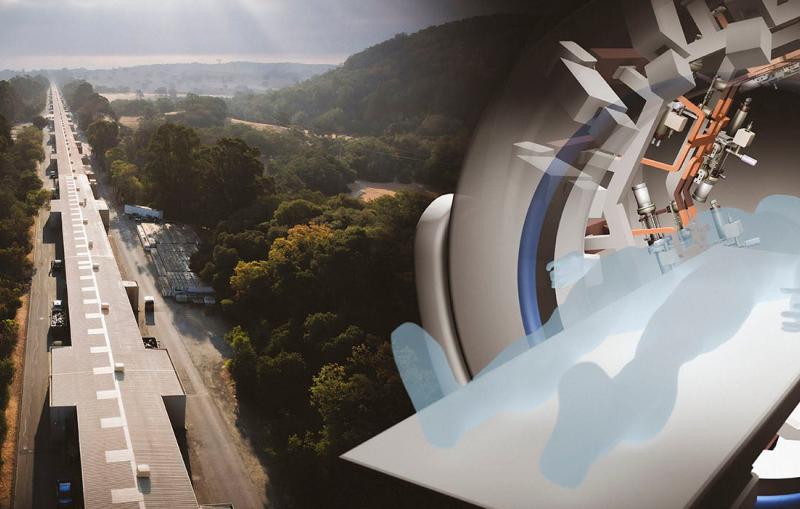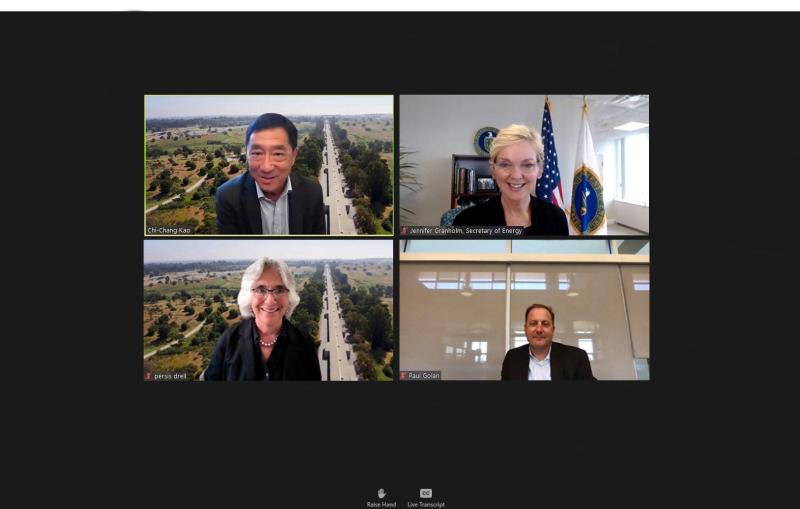SLAC partners with national labs and scientific publishing organizations on transgender-inclusive name-change process for published papers
The process, which also facilitates name changes for religious, marital and other reasons, allows researchers of all genders to own their academic work by updating their names on previous publications.
All 17 U.S. national laboratories, including the Department of Energy’s SLAC National Accelerator Laboratory, will be partnering with prominent journals and other scientific publishing organizations to support researchers’ requests to change their names on previously published papers. The agreement, announced today, will make it easier for researchers to change their names and claim work from all stages of their careers. It specifically addresses the administrative and emotional difficulties some transgender researchers have experienced when requesting such name changes.
Previously, individual researchers shouldered the burden of initiating name change requests with each publisher of their past papers. Although many publishers have already been updating their own policies to address an increasing number of name change requests, the new partnership streamlines these processes and enables researchers to ask their respective institutions to pursue name changes on their behalf with publishers and journals.
“A researcher’s ability to own their work, regardless of the events in life that result in a researcher changing their name, is a fundamental equity and fairness issue,” said SLAC’s Chief Diversity Officer Natalie Holder. “SLAC’s support of this initiative gives our academic community the space, freedom and peace of mind to author excellence without concern that one day they will not be identified with their work.”
For researchers of all genders, and transgender researchers specifically, the new process ensures they can rightfully claim ownership of prior work, without fearing reprisal, under their lived name. The ability to claim the entire volume of their work by updating their names on previous publications allows them to best represent their full suite of accomplishments, with significant implications for maintaining prominence in their area of research and receiving credit for their academic impact.
With this partnership, national laboratories, scientific publishers, journals, and other organizations emphasize their commitment to creating a more inclusive culture in STEM fields and STEM publishing. The participating labs will facilitate requests for name changes for any reason, including for religious, marital, or other purposes, in alignment with the policies in place at their publishing partners.
The partnering publishing organizations are:
- American Chemical Society
- American Physical Society
- American Society for Microbiology
- arXiv
- Clarivate
- eLife
- Elsevier
- Hindawi
- Royal Society of Chemistry
- protocols.io
- Science Journals – American Association for the Advancement of Science
- Scopus
- Springer Nature
- Wiley
The participating national labs are:
- Ames National Laboratory
- Argonne National Laboratory
- Brookhaven National Laboratory
- Fermi National Accelerator Laboratory
- Idaho National Laboratory
- Lawrence Berkeley National Laboratory
- Lawrence Livermore National Laboratory
- Los Alamos National Laboratory
- National Energy Technology Laboratory
- National Renewable Energy Laboratory
- Oak Ridge National Laboratory
- Pacific Northwest National Laboratory
- Princeton Plasma Physics Laboratory
- Sandia National Laboratories
- Savannah River National Laboratory
- SLAC National Accelerator Laboratory
- Thomas Jefferson National Accelerator Facility
The 17 U.S. national labs pursue this work in alignment with their respective diversity, equity, and inclusion initiatives, not as a result of any federal policy changes, and welcome new partners as the effort advances. DOE’s Lawrence Berkeley National Laboratory is coordinating the effort.
Editor’s note: This feature is based on a press release by Berkeley Lab.
Contact
For questions or comments, contact the SLAC Office of Communications at communications@slac.stanford.edu.
SLAC is a vibrant multiprogram laboratory that explores how the universe works at the biggest, smallest and fastest scales and invents powerful tools used by scientists around the globe. With research spanning particle physics, astrophysics and cosmology, materials, chemistry, bio- and energy sciences and scientific computing, we help solve real-world problems and advance the interests of the nation.
SLAC is operated by Stanford University for the U.S. Department of Energy’s Office of Science. The Office of Science is the single largest supporter of basic research in the physical sciences in the United States and is working to address some of the most pressing challenges of our time.






